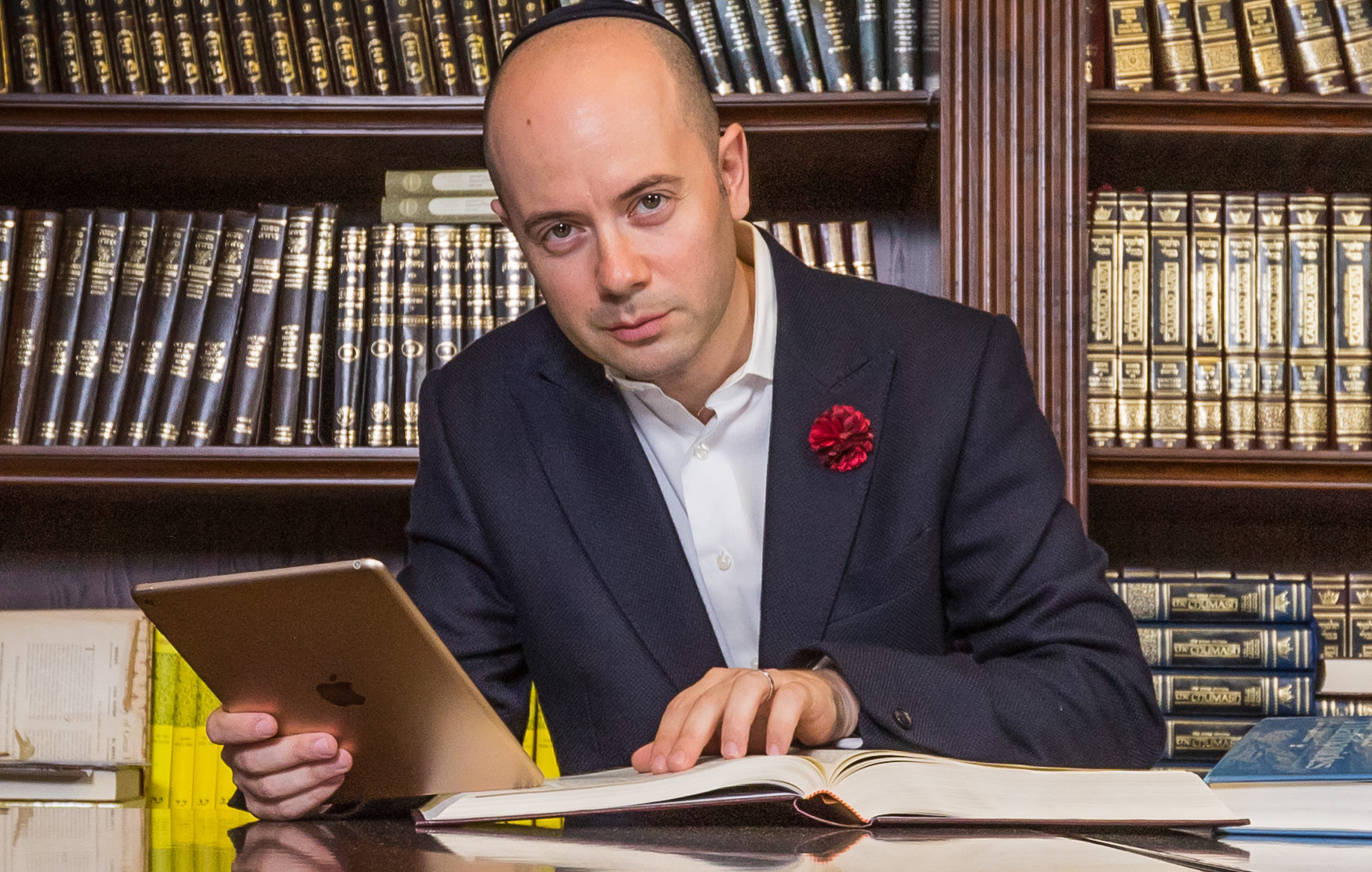As a rabbi I do my fair share of weddings. One of the things I tell couples in our first meeting is to set a time to see a couples therapist. They’re often taken aback and respond that their relationship is great.
My response to them is twofold; first, this is the time in their relationship when they can get the tools that will guide them through any tough moments in the future. Many couples counsellors are trained to help at this point in a relationship and are always grateful to see couples early on. But more importantly, I want people who I know in a rabbinic capacity to not see me as a therapist. We carefully go over what guidance I’m prepared to offer and that any marriage advice I have is purely as a peer and not as a professional.
I’ve seen the damage that rabbis who offer counselling can do (with the important caveat that I’m not including rabbis who’ve undergone training and are licensed psychologists, social workers or the like). I’ve heard even more stories from colleagues in the rabbinic and psychological worlds about rabbis who try to heal individual distress, rabbis who try to bring families together after years of pain and trauma, rabbis who try to forestall an inevitable divorce with a prescription for mikveh.
These rabbis often mean well. But they’re often misled by not knowing the distinction between spiritual and psychological counselling.
I remember speaking to a rabbi who had therapy listed as one of the skills on his resume and I asked him where he trained. His response was that the Torah is full of therapeutic advice and he had studied it his whole life. Needless to say, the Torah does not actually give someone training to be a counsellor. The Torah does not help one diagnose disorders.
In fact, I might argue that the Torah would be a fairly poor provider of relationship advice. Should one say that it’s OK to cheat on your wife as long as you send her husband to war to die afterwards? King David did that. If one of your kids is bullying the other maybe you should banish the bully to the desert. Abraham did that. And while there are certainly examples of better behaviour in the Torah and Talmud, I’m putting these (and many others) out there to remind people that a Torah scholar is not necessarily your best source of advice.
So what do rabbis actually do? Generally speaking, rabbis who’ve been ordained by any of the major seminaries of all the denominations have had some kind of pastoral training. Each school approaches this differently, but broadly speaking the training involves various elements.
First and foremost, might be the nature of spiritual counselling and what is appropriate and desirable to discuss with congregants. How to bring more spirituality into your life, how to make good decisions about religious life for yourself and your family, or how to use a religious practice to increase a sense of inner peace might all be things that would be in a rabbi’s mandate.
Equally important would be the parameters of the rabbinic relationship and how to avoid any kind of boundary violation between the rabbi and the congregant. This is something that therapists have extensive training in and which pastoral training offers as well, because even when discussing something spiritual, a sense of closeness might be created and it must be handled delicately.
As well, rabbis often get some kind of training in identifying the basics of mental illness and when someone might be in immediate danger to themselves or to others.
Finally, and what I think is the most important piece of pastoral training, the art of referral. This extends beyond just knowing that this person suffers from an eating disorder and needs a psychologist trained to work with that specific diagnosis, but also artfully helping the individual to see that you’re not turning your back on them. In fact, you’re finding them someone better than you and this point is at the heart of the entire discussion.
Rabbis need to know how to admit that they’re not God, they cannot fix everything and help everyone. A great rabbi is one who not only knows that they don’t have all the answers, but can admit it.
Please do go speak to your rabbis. They love hearing from you. But ask them what their limits are, what they are and aren’t trained to do. And ask yourself what help you’re looking for and whether they’re the right person.
Rabbi Avi Finegold is the founder of the Jewish Living Lab in Montreal and the co-host of The CJN’s weekly current events podcast Bonjour Chai.
ANOTHER VIEW: When your rabbi is also your therapist by Rebecca Eckler
